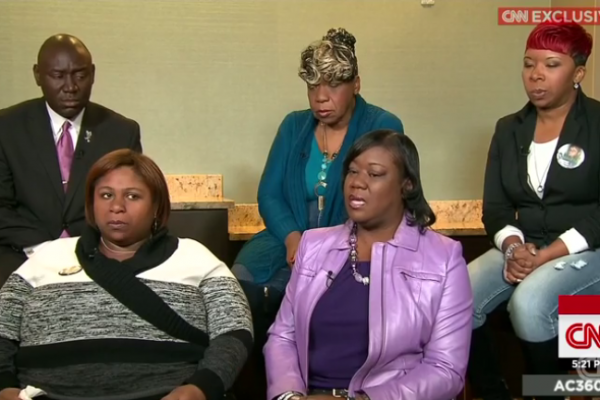May 8, 2015
Men and boys of color are 21 times more likely to be fatally shot by the police than their white counterparts. Of the 1,217 deadly police shootings that occurred from 2010-2012, men of color between the ages of 15 to 19 were killed at a rate of 31.17 per million, while the rate for white males the same age was only 1.47 per million.
This pattern is not new. It is old and repetitive. And it is sickening.
Read the Full Article

Already a subscriber? Login
